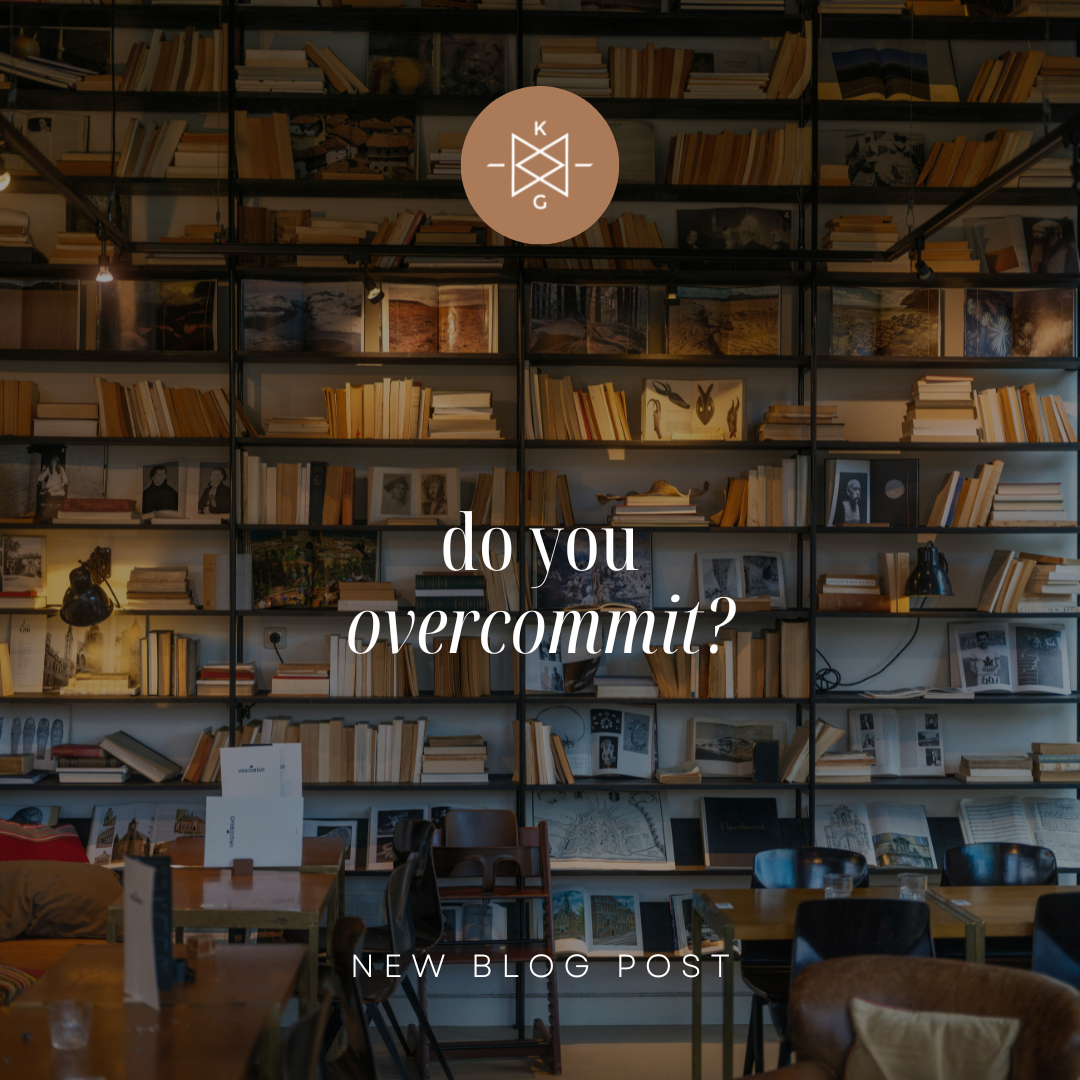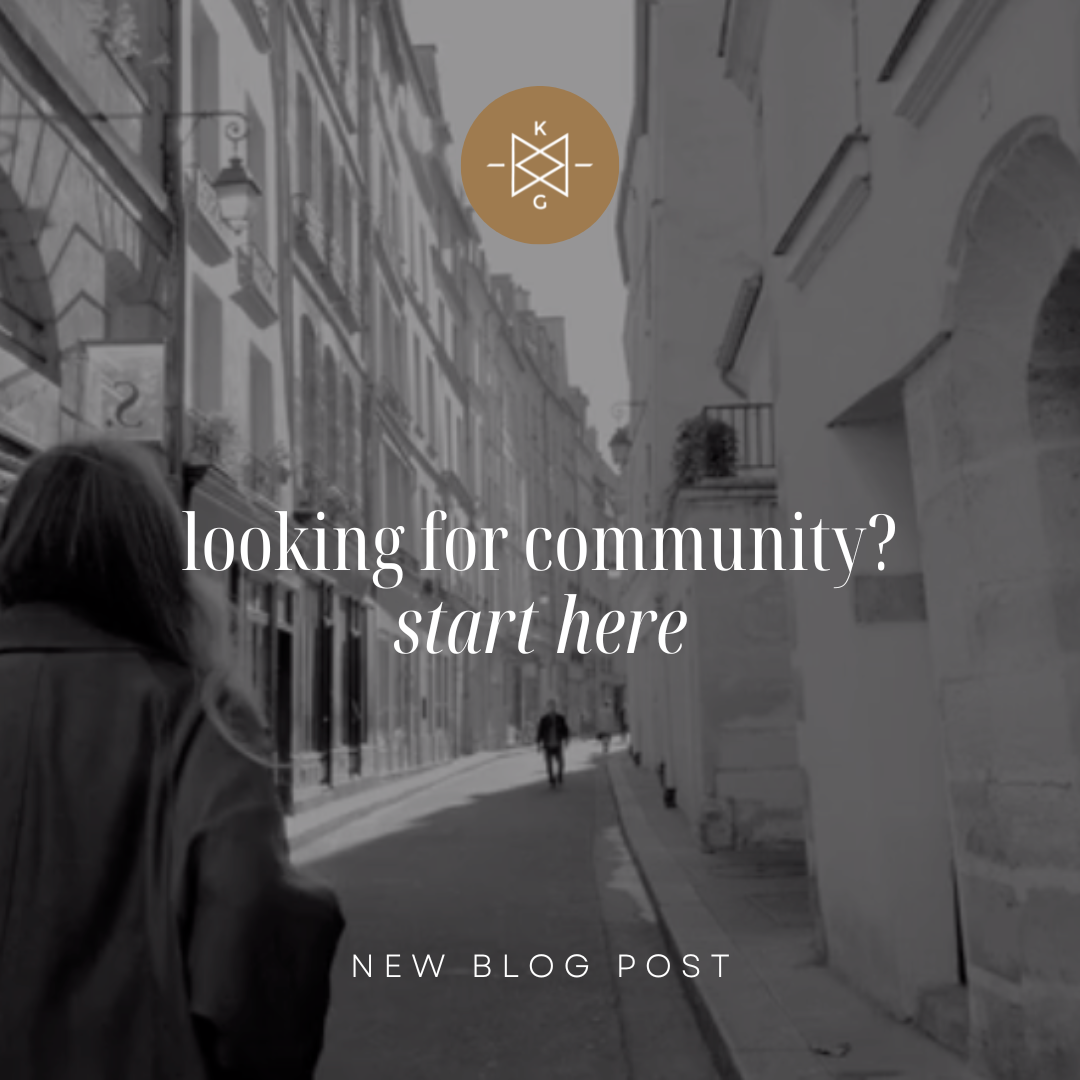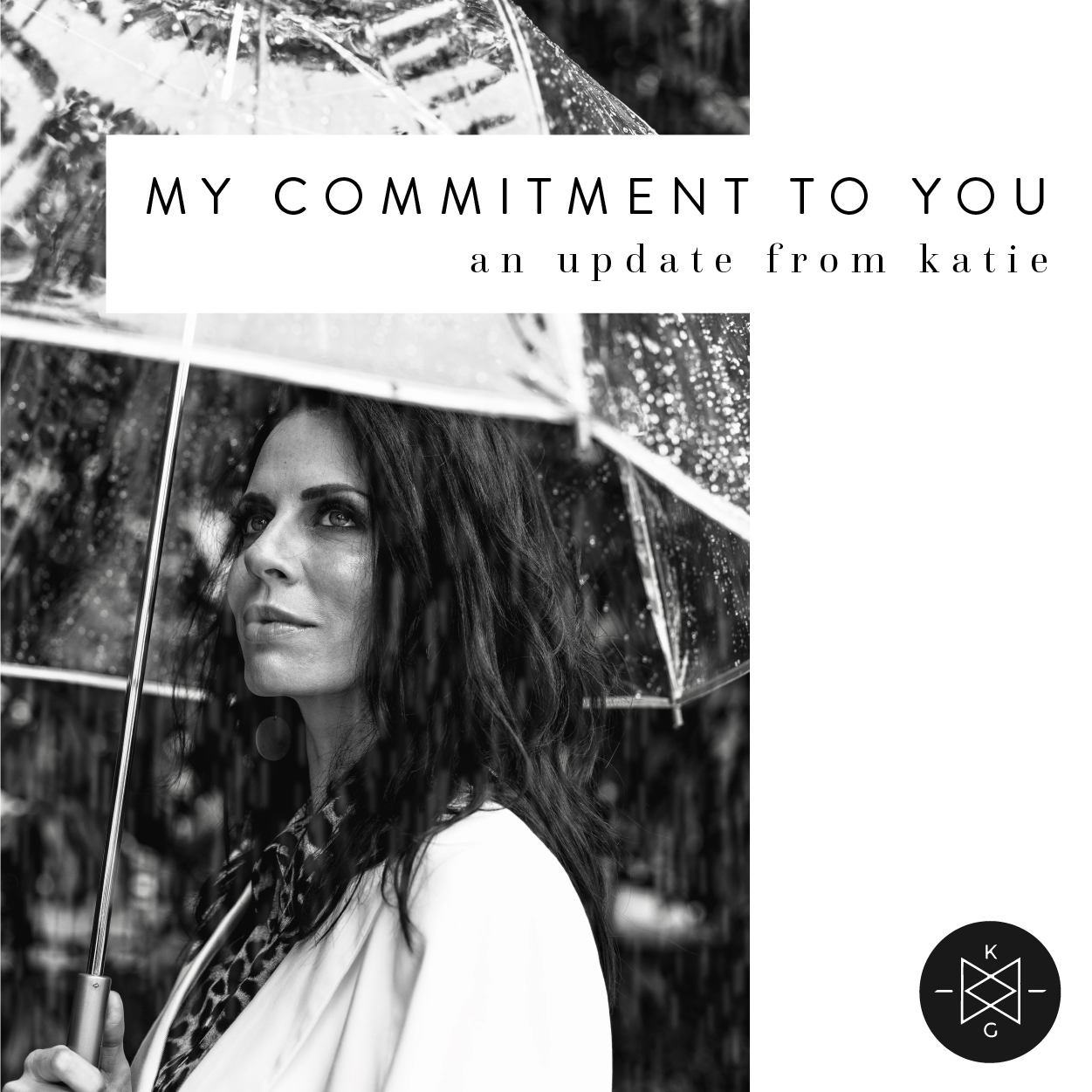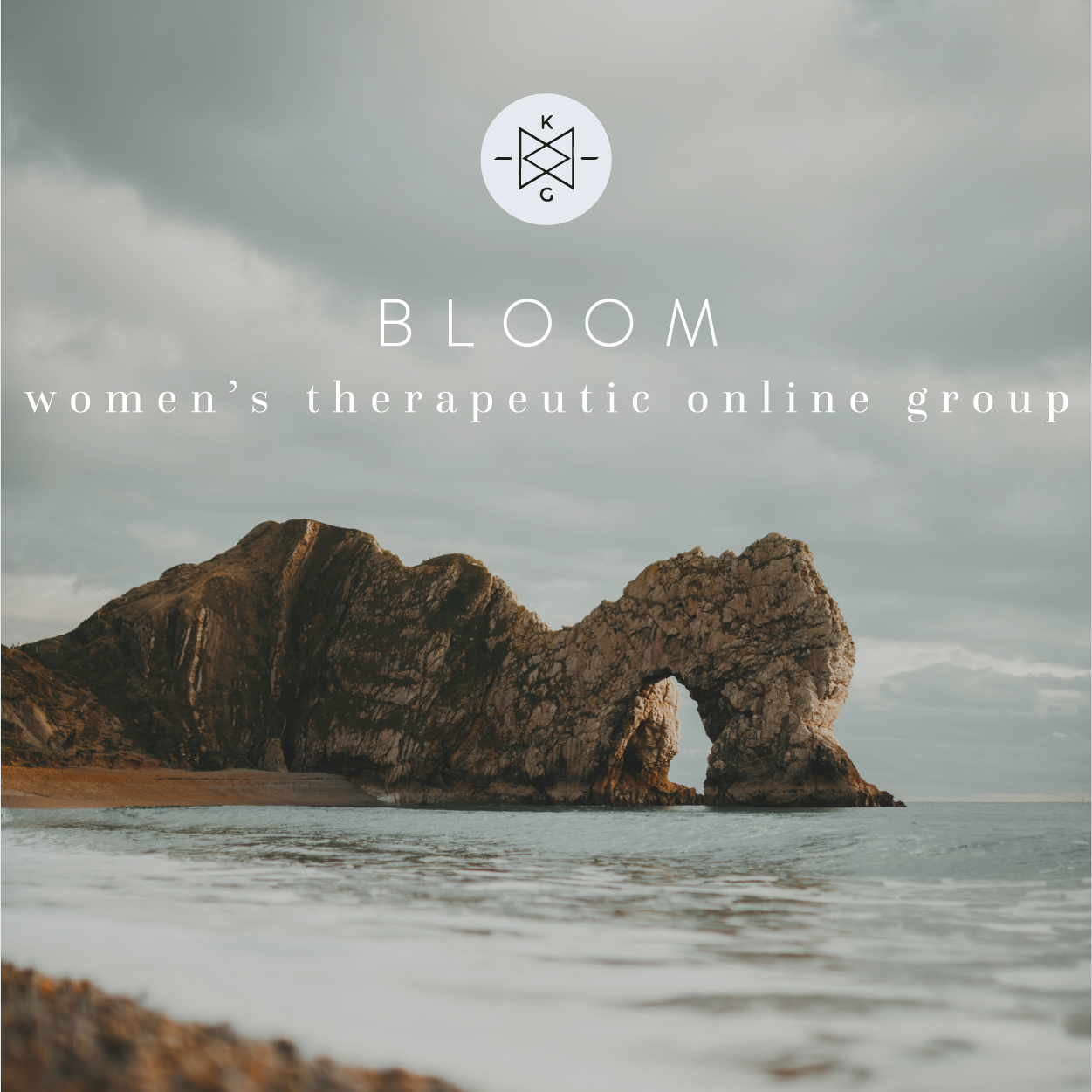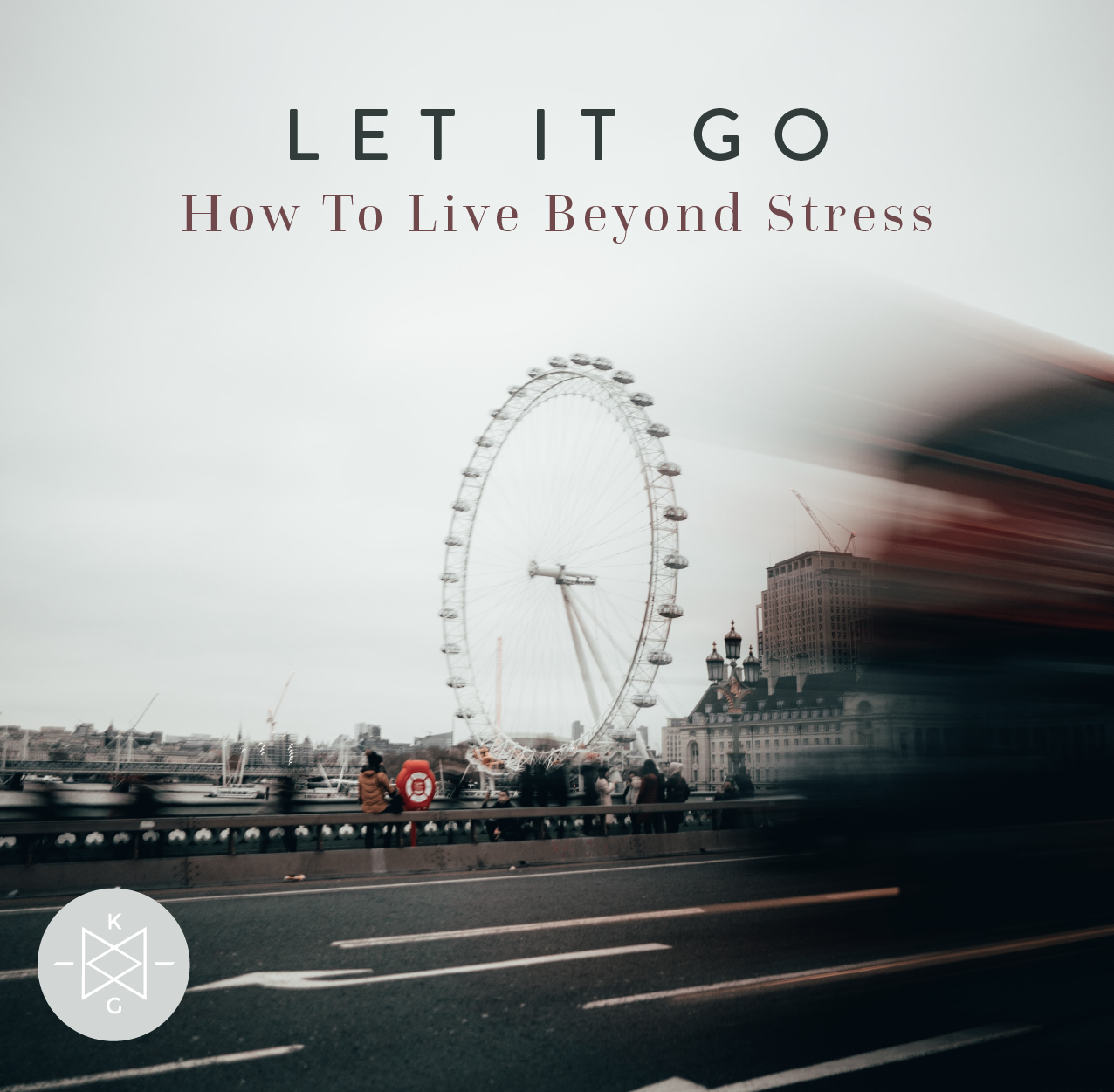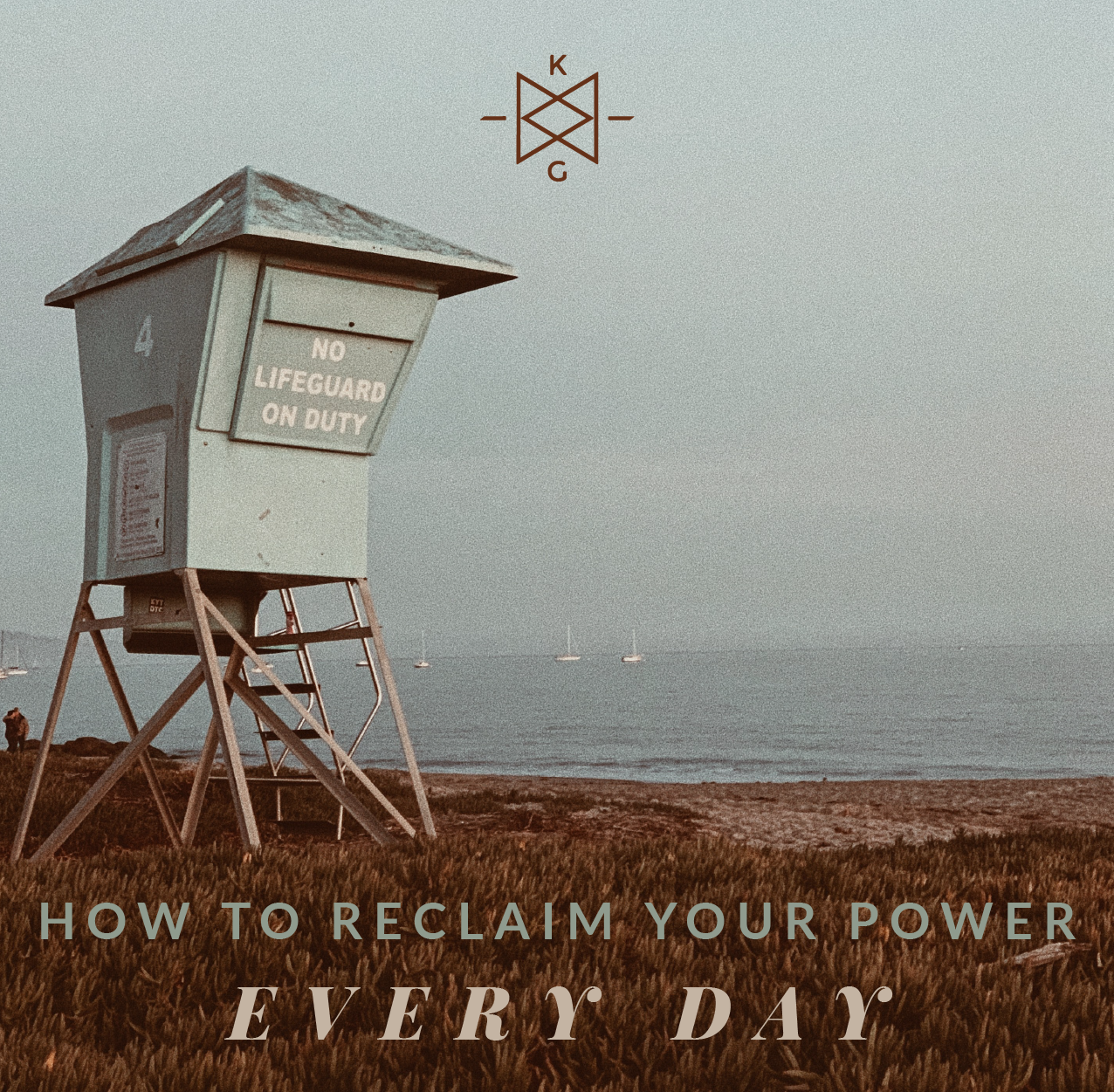
We Can Do This...My Commitment to You
“Ask for help not because you are weak, but because you want to remain strong.”
-Les Brown
I pray you and yours are staying healthy and staying put as much as possible during these crucial days of navigating COVID-19. My heart is heavy and yet I hold undeniable hope that we will come through this stronger and more connected than ever.
For now, I’m moving to virtual and/or online therapy sessions – making it possible to continue the work we’ve been doing in therapy and stay as grounded as possible through this time. Anxiety is high for us all right now, and it’s important, now more than ever, to care for our emotional and spiritual well-being.
To help, I’ll be sharing free resources on meditation and self-care on socials. Make sure you’re following me on Twitter, Instagram, and Facebook.
I’ve also started an online women’s group called Bloom. This affordable, consistent way to connect and feel supported is available now. Spots are limited so sign up online today.
Asking for help is everything right now as we won’t get through this alone. Stay connected during this season. Find a source of hope each day and cling to it.
If you know someone who could benefit from individual therapy or the Bloom support group, please share and forward this email.
I’m honored and committed to serving you through this time.
Love & Gratitude,
Katie
You're Invited: An Affordable Online Women's Therapeutic Group
“When you’re in a dark place, you sometimes tend to think you’ve been buried. Perhaps you’ve been planted. Bloom.”
-Anonymous
I pray you and yours are well, and not only staying healthy, but working to cultivate the mental and emotional courage necessary during this uncertain time.
Today, I’m beyond excited to bring you some good news.
I have been watching, waiting, praying, and staying curious about what my part is in this global health crisis we currently face. After all, there is simply no owner’s manual. This is new territory for all of us.
As a therapist, I long to support you to the best of my ability. As a human, I long to be connected to you because that’s what we’re hard-wired for: connection. As a wife, mother, and friend, I want to do everything in my power to make healthy, wise decisions so as to love in a way that is protective and informed.
My heart breaks for the lonely, the fearful, and the sick. If you fall into one or more of these categories, hang on. This is not the end of the story!
In fact, as leaders, we must not fall prey to the tempting panic and fear-mongering that bleeds from our tv’s, devices, and constant breaking news. Instead, let’s find the balance between reality and scarcity.
This, my friends, is a massive opportunity to rise up—to advocate for the common good—and to live in wakeful presence. After all, that is precisely what a crisis of any kind will do—wake us up.
For this, I’m really grateful. Wake up calls tend to put everything in perspective real fast.
With all the social distance and quarantining, our normal has definitely shifted temporarily. However, I don’t think we have to feel alone.
Starting NEXT TUESDAY, I’m offering a weekly Women’s Therapeutic Online Group called Bloom. The group will take place every Tuesday night from 5:30-6:30 pm for the next month and possibly beyond. It’s important that these groups are affordable ($25/group), consistent (weekly), and virtual (via Zoom) so as to support as many as are interested and in need.
We will do three things when we meet together:
1) Process our emotions and learn to manage the tough ones (anxiety much?!)
2) Practice some form of mindfulness to learn how to better cope with the uncertainty of our circumstances.
3) Feel supported in safe community and share stories of hope, courage, and how we can pivot to flourish when what we’re tempted to do is flounder.
This group is by invitation only and as a subscriber, you are the first to know. If there is someone you know who might be interested, feel free to pass along this invitation. Space is limited in each group to 10 people to ensure flow and deeper connection.
If you are interested, click here to sign up. You may also email me with questions at katie@katiegustafson.co.
It’s true, when we’re stuck in uncertainty and chaos, all we can do is the next right thing. It’s much easier to do this with the support of loving community. Creativity flourishes in times of necessity. Let’s create a new, hopeful way forward. I’ll hold the space if you’ll share your story.
Can’t wait to see you in Bloom…
Love & Gratitude,
Katie
P.S. Need some Individual therapy instead? Click here for confidential, online therapy.
LET IT GO: How to Live Beyond Stress
“When I look back on all these worries, I remember the story of the old man who said on his deathbed that he had had a lot of trouble in his life, most of which had never happened.”
-Winston Churchill
How are you? I mean, really?
Me? I’ll go ahead and put it out there: I’m stressed…but managing.
Between the sweeping effects of the Coronavirus, the resulting economic downturn, and the recent devastation that the Nashville Tornado served us up, these times are starting to feel downright Biblical.
And yet I think to myself, “Wait a minute, this is actually nothing new!” As the old saying goes: This too shall pass.
In fact, I’ve had to keep reminding myself that we’re better equipped technologically to meet the daunting demands of our plight. We have definitely been through worse.
I know I know—still stressed.
Spoiler alert: This is not the last natural disaster, medical scare, or economic fallout we’ll face.
There will always be something to stress you out. Life is chock full of reasons. However, we will also always have the choice to lean into it or become enslaved to it.
In light of this, I believe our work is not learning how to avoid stress—it’s learning how to relate to it.
Today, I want to briefly unpack why stress can be harmful to our overall neurobiology and physicality. Hopefully, it will equip us in these uncertain times and also serve as a wakeup call for those of us proudly touting our epic workloads, deadlines, and lack of sleep around like we’ve just won a Nobel Peace Prize.
First off, not all stress is bad, nor are the hormones stress creates in the body as a result. They ebb and flow throughout the day in order to help us adjust to the stressors of normal, everyday life. Moments like waking up (no joke!), getting to work on time, giving a presentation, getting a traffic ticket, and even being surprised on your birthday all require shifts in our internal ecosystem to stay regulated.
More good news, stress is highly manageable. We’ll look at ways to do so a bit later.
Long-term stress left unchecked, however, is a different beast. Our bodies and brains weren’t created to undergo this brand of stress and anxiety. In fact, in as much as we think we’re being responsible and hardworking, we are directly inflicting ongoing toxic wounds on ourselves. This eventually will show in the form of negative, noticeable emotional and physical symptoms.
Neuroscientists at the University of California, Berkeley, have discovered that chronic stress produces long-term changes in brain structure and function. This sheds light on the fact that youngsters exposed to ongoing stress early in life likely will develop mental illness and mood disorders such as anxiety, depression, insomnia, and even learning difficulties.
As a natural line of defense, our adrenal glands produce a hormone called Cortisol when we’re met with stressful situations as part of the fight-or-flight mechanism. With good stress (eustress) these levels balance out once the threat of danger has passed and the body and brain return to normal.
However, in a state of chronic stress (distress), our friend Cortisol has no outlet to release and the body stays locked in this hyper fight-or-flight mechanism. This survival mechanism must be released physically from the body and when it’s not, cortisol levels skyrocket in the blood, declaring war on our mind and body.
The wreckage? Lower immunity and bone density, weight gain, sleep problems, memory loss, learning disability, irritability (duh), increased blood pressure, cholesterol, heart disease, and inflammation throughout the body.
If that list doesn’t convince you, I don’t know what will. Bottom line my friend, we must be vigilant in listening to the needs of our bodies and emotions and practice actively getting them met.
Here are a few helpful tips that will reduce the effects of chronic stress and the resulting cortisol levels in the body:
1) Regular physical activity: I’m an exercise evangelist. This blew past vanity a long time ago as I experienced the direct positive effect daily exercise has on my mood and overall experience. It is my anti-depressant of choice. We absolutely must move our bodies regularly to aid the release of cortisol from our bodies and support emotional processing.
2) Mindfulness practices: Mindfulness practices such as meditation and deep breathing are vital in reducing stress and cortisol levels. Why? They engage the Vagus nerve which signals your nervous system to chill out, slow the heart rate as well as lower cortisol levels. Next time you’re in the death grip of stress, take ten deep breaths. Panic cannot co-exist with a relaxed state. Click here for a free meditation I’ve created to support you in this practice.
3) Community: Social interaction is a powerful antidote for stress and anxiety. In fact, human bonding also triggers the Vagus nerve mentioned earlier, relaxing the parasympathetic nervous system. Not only that, social connectivity releases that yummy hormone called oxytocin, which directly lowers the fight-or-flight mechanism. That whole eight hugs in a day thing is real!
4) Laughter and music: Both are game changers and have been proven to lower cortisol levels. Not only that, but they invite us into the experience of the present moment, the most desirable real estate on the planet when it comes to experiencing more levity and joy.
This list isn’t meant to overwhelm you, but to offer you several two-degree shifts you can bake into your everyday experience in order to manage stress a bit better.
Last thing I’ll say before I land this plane: we were created to thrive, not merely survive. However, some of life’s seasons require us to dig a little deeper into our resilience tool kit. If you find yourself needing some extra support these days, please reach out. I’m here to support you in any way I can.
Love & Gratitude,
Katie
How to Reclaim Your Power Every Day
“Between the stimulus and the response, there is a space. In that space, there lies your freedom and power.”
-Victor Frankl
In the wee hours of the morning in Nashville, TN, mother nature paid us a violent visit. A devastating tornado took the lives of nine people (and counting) and leveled countless homes, office buildings, and iconic landmarks.
Thankfully, my family and friends are safe and sound. However, I ache for the ones whose lives will forever be marked by an uncontrollable, unfair force on March 3, 2020.
Talk about an absolute loss of power by so many. It feels indulgent to write about reclaiming power in a space in time that looks so grim.
And yet it also feels truer than ever—this notion of responding rather than reacting.
Because if it’s not the Nashville Tornado, it’s the Coronavirus, or politics, or the stock market, or the bleak mid-winter of loneliness.
I suppose we could decide on any given day that life is just too hard, and not worth the time and effort to make sense of any of it. We could give up.
I’ve been there more times than I care to admit.
And yet I go to work every day and meet with courageous souls who long to show up for themselves and their loved ones despite the chaos spinning around them.
They are in pain, yet they don’t want to suffer. There is a difference, after all.
We will inevitably experience pain in life. Some more than others. Pain is undemocratic. It’s part of life. Suffering, on the other hand, is the story of defeat we believe about our pain. This is optional.
If you want to read a book and be transformed by a story of overcoming in the face of dire circumstances and pain, read Viktor Frankl’s, Man’s Search for Meaning. It’s the original playbook on reclaiming personal power. He survived the Holocaust and harnessed that pain to pioneer a life-giving approach to psychology called Logotherapy. It’s not about avoiding pain. It’s about finding meaning in the midst of the pain.
I had a clever blog post all planned out for you today and then changed my tune in the aftermath of this tornado.
This is what I’m reminded of today: our personal power is not contingent on our circumstances. Our personal power is contingent on the wink of a moment that separates our circumstance from our response. Our personal power lies in the ability to slow down that moment and stretch it out. The space we create in that moment is everything. It gives way to the story we will live out of moving forward.
I’m watching a pretty phenomenal story play out on the news this morning. It’s a story of community, resilience, charity, and courage.
Oh if we could bottle up this beauty and drink just a tablespoon every morning as a part of our personal narratives.
But wait…we can.
Your power is in your choice. How will you wield it today?
Love & Gratitude,
Katie
Meet the New Power Couple: Self-Compassion and the Enneagram
“When you understand, you cannot help but love.”
-Thich Nhat Hanh
I’ll never forget going to my little brother, Gates’, junior high basketball game. He must have been in sixth grade or so. He was a damn good player. Gates and I have an extra special bond as he is 15 years younger than me and was born on my birthday. I’ve always felt a deep connection to him and this parent-like pride in everything he does.
It was a heated game. As point guard, Gates dribbled the ball in from center court. The clock was running down to the bone. The teams were tied. This was a make or break moment and everyone knew it. I could feel the weight of all those parents’ hopes and dreams hanging on the chiseled little shoulders of my brother.
He had to take the shot. With two seconds left, he launched a three-pointer into the air with perfect form and a prayer. The buzzer scowled back. He missed the shot.
His whole body sunk low to the court as all the oxygen on our side of the gym was snuffed out. My heart ripped open and I wanted to rush down there and give him the most embarrassing big sister hug of his life. In that moment, I was more proud of him than ever. I wanted him to know that. I wanted to take away all of his pain.
I didn’t know it then, but looking back, this was compassion operating in its purest form.
I know you have stories to illustrate a similar brand of compassion you’ve felt for loved ones in your life. Yet tell me this: when was the last time you actively participated in it towards yourself?
I honestly can’t think of one time in my experience that I’ve had an organic, visceral example of self-compassion like I did that day for Gates. I am slowly learning to grow that though.
Guess what? If you’re like me and lack this seamless sense of loving-kindness towards yourself, it’s okay. Chances are, you, like me, missed that day in Self-Compassion 101.
Compassion takes empathy one step further and is something we get to cultivate in relationship. Compassion is the feeling that comes up when we join in with another’s suffering and feel compelled to help relieve that suffering. Self compassion points this act of courage inwards, to our “me.”
Thich Nhat Hanh said, “When you understand, you cannot help but love.”
I believe what makes it so difficult for most people to treat themselves with the same compassion they do others is wrapped up in the fact that we simply do not fully understand ourselves. Sure, we put a mask on and present a pretty picture to the world in efforts to gain approval and acceptance. But over time, we lose touch with the truth of who we are and the basic understanding of what motivates our thoughts, feelings, and behaviors.
This is why the Enneagram is such a powerful tool. It uncovers and drills down the story we’ve been living out of—essentially our personality.
Living fully alive—thriving—requires us to wake up and take the steering wheel of our life. The comfortable route involves lots of trance—or falling asleep at the wheel. So, if you’re looking for the easy way out, the Enneagram (or self-compassion for that matter) is probably not for you. Staying comfy and cozy where you’ve always been is.
If you’re looking to get out of your own way and play on your own team, welcome to a new way. Yes, it requires you and I to show up, but also saves us from a lifetime of regret. I can’t think of a more defeating end game than to wake up one distant day from now wishing I’d have valued myself along the way.
So, in walks the handsome couple: Self-compassion and the Enneagram. They go so well together in so many ways. The Enneagram helps us know and understand our story—why we think, act, and feel the way we have for years and how we hid behind a mask called personality to hide the parts of ourselves we weren’t too proud of. This deep well of understanding is the most profound act of love.
Combine it with the tangible practice of self-compassion and all of a sudden we put skin on that understanding. How? By showing up for ourselves and our stories in a new way. Instead of trying to hide behind a mask, we now are able to lean into our real, raw experience and befriend her. No more striving, no more shaming, and no more fixing. Self-compassion allows the pain, hurt, or fear to just be. It also creates space to show loving-kindness as we would to a dear friend so as to move through the pain of life as opposed to dancing around it.
Are you ready for lasting transformation in your relationship with you? Are you tired of playing small in your own life? If so, I’ve got a roadmap. I’d love your company on this exquisite journey.
Love & Gratitude,
Katie
P.S. Want to go deeper in your own practice of self-compassion and the Enneagram? I’d love to hear from you.
